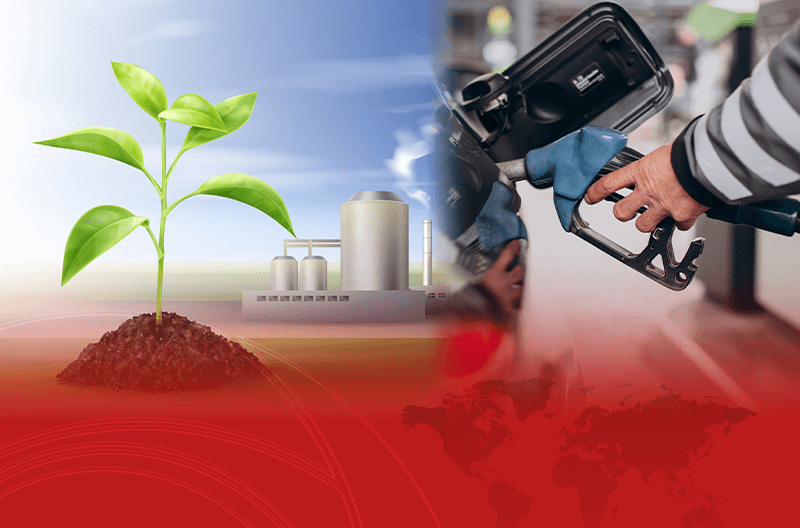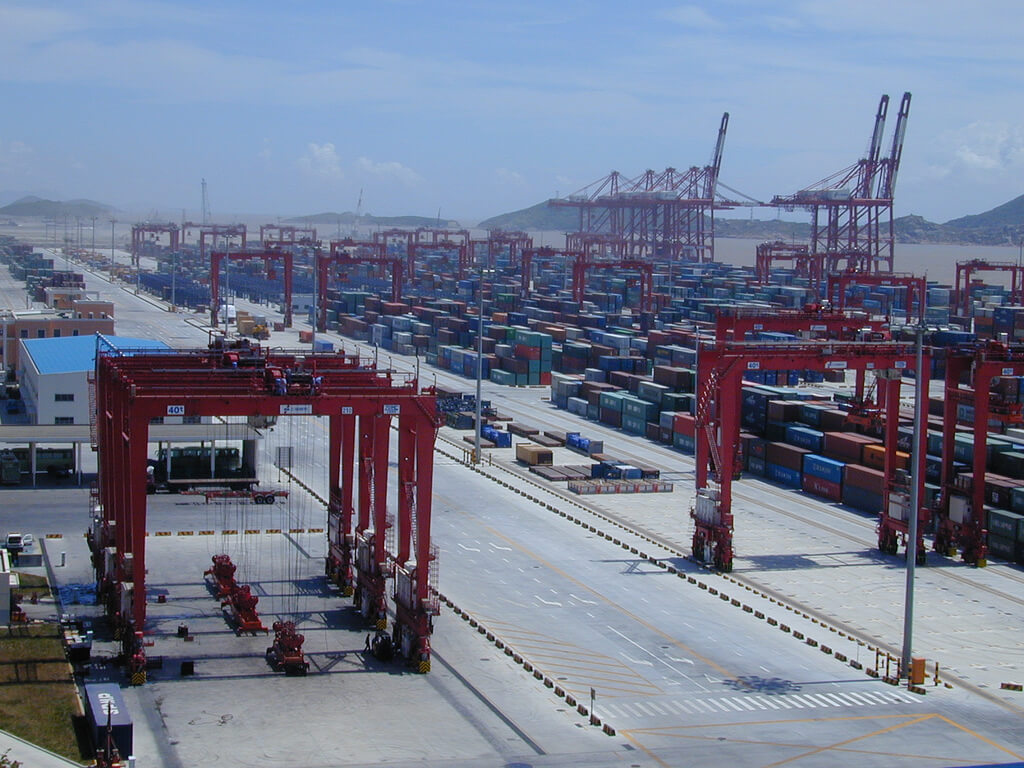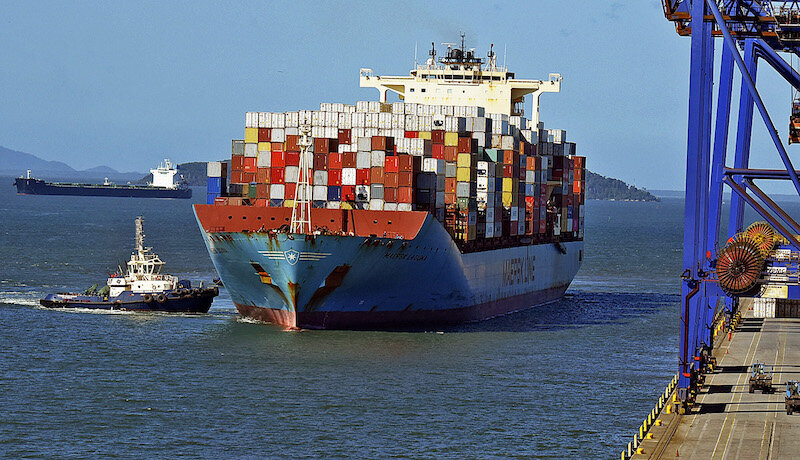
On August 10, 1893, the Franco-German engineer Rudolf Diesel used the first peanut oil combustion engine. A few years later, with the success of the experience, he registered a patent for the use of the first engine developed to work with vegetable oil.
More than a hundred years have passed and the association of vegetable oils with alcohol can make a new renewable fuel possible: biodiesel. This fuel is very beneficial for the environment and for logistics, especially in Brazil, but it still faces some challenges.
Understand now what are these benefits and challenges in the use of Biodiesel for logistics!
Importance to the environment:
Biodiesel is a fuel with properties similar to common diesel, except for the way it is produced. Intended to replace non-renewable fuels, biodiesel is a type of renewable biofuel, that is, produced from plants (soybean oil, cottonseed oil, etc.) .
As it is renewable, its potential in preserving the environment lies in the reuse of waste that would otherwise be discarded. In addition, the cultivation of plants for its production helps in the absorption of CO2 in the atmosphere, one of the gases that cause the greenhouse effect. In this way, its use helps not only nature, but also the logistics process as it requires less oil.
Biodiesel in Brazil:
The idea of using Biodiesel in Brazil is not as recent as it seems. The first evaluations regarding the feasibility of its use began in 1982, when several tests were carried out together with the automobile industry. At the time, this fuel had a very high cost, but with the passage of time and the increase in the price of oil derived from petroleum, it became a more economically viable alternative.
Faced with a very favorable climate, agricultural vocation and a large availability of hectares in excellent conditions for agriculture, Brazil has the potential to be a world leader in the production of biodiesel. According to the Ministry of Mines and Energy, 20% of consumption in the transport sector in Brazil is renewable fuels, which has generated many jobs and income. This occurs from programs that encourage its production to add biodiesel to mineral diesel.
Biodiesel Challenges in Brazil
Despite the numerous advantages, the use of this fuel in Brazil still faces some challenges. The first one is in relation to the price, since the liter of biodiesel in the plants is almost three times greater than the petroleum diesel sold in the refineries. In addition, this is a process that requires in-depth technical knowledge in biochemistry and also the production of new technologies that allow for a greater amount of biodiesel in fuels.
Even so, this is a process in constant evolution in Brazil, which produces more and more biodiesel. With the stability of the pandemic, the decrease in mobility restriction measures, the growth of the economy and, consequently, the increase in fuel consumption indicate a future evolution.



